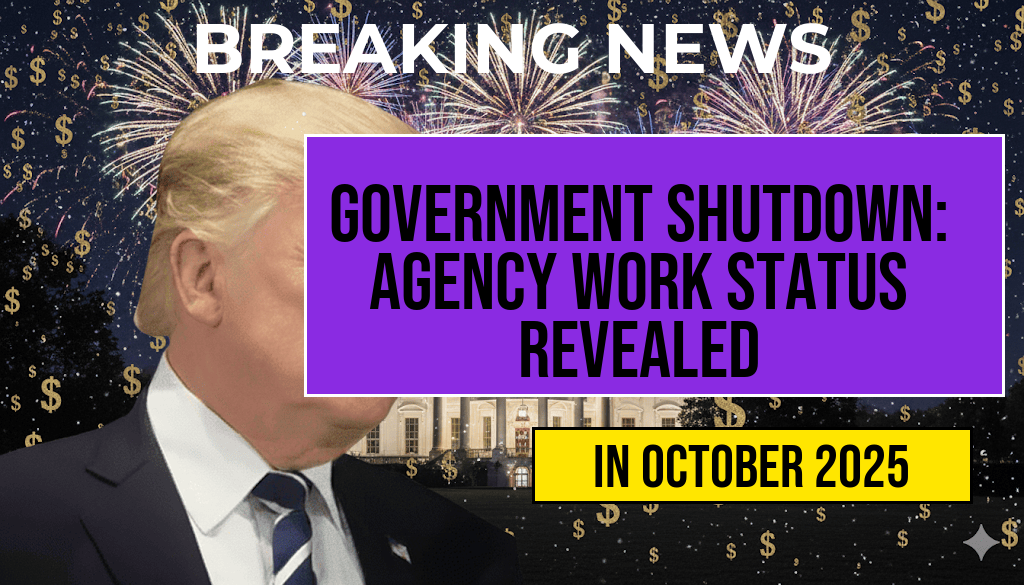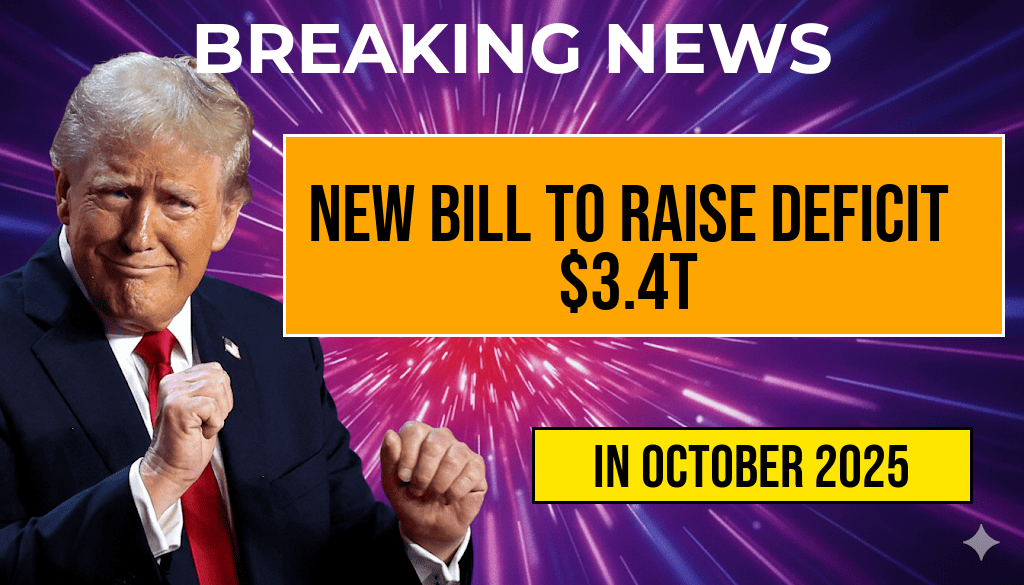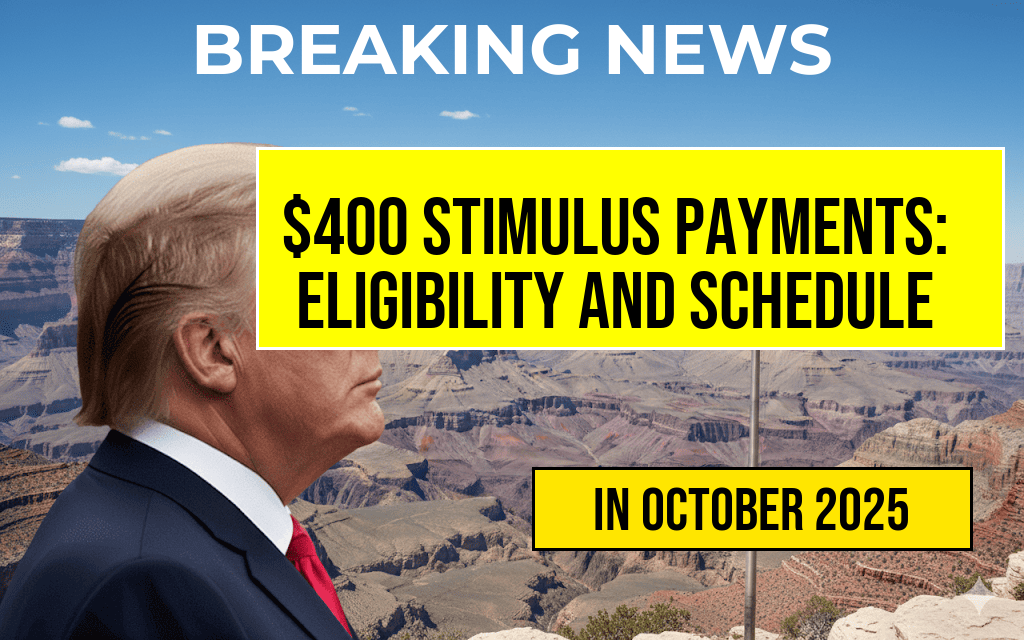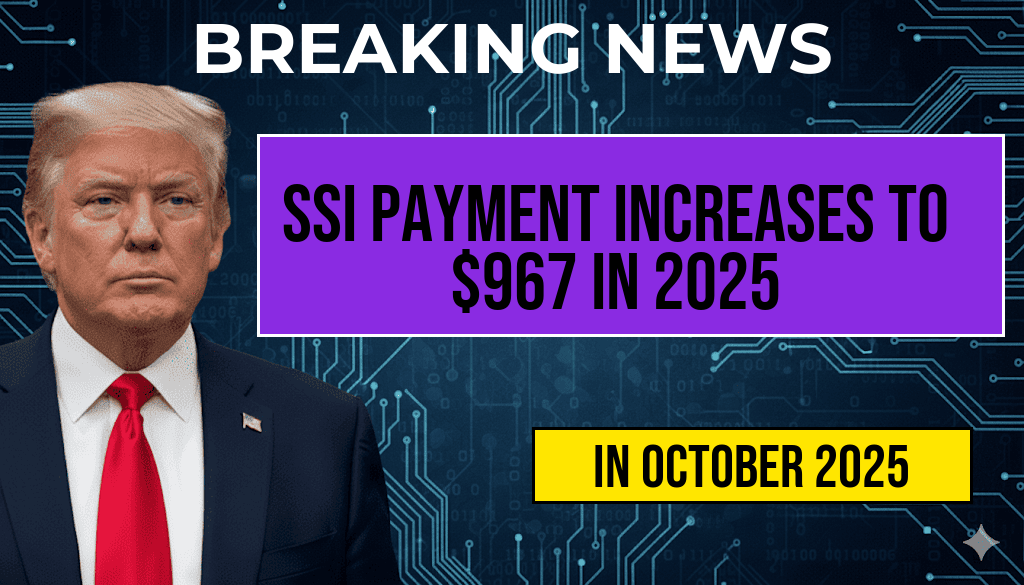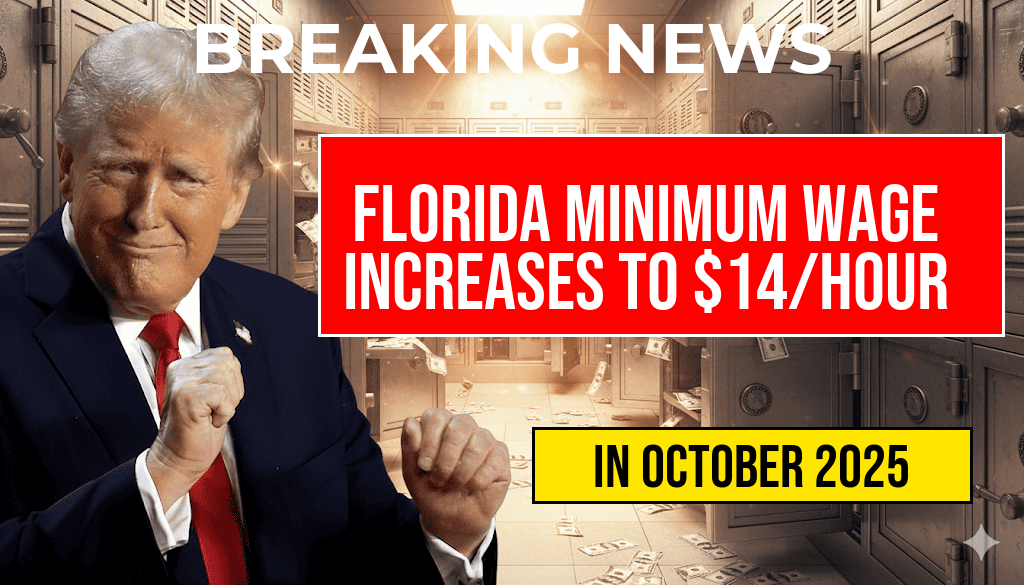Taxpayers across the United States are being urged to pay close attention to the newly proposed legislation dubbed the “One Big Beautiful Bill.” This ambitious plan, which aims to reshape several key sectors of the economy, is projected to increase the federal deficit by an alarming $3.4 trillion over the next decade. The bill encompasses a wide range of initiatives, including infrastructure improvements, healthcare reforms, and education funding. With a price tag of such magnitude, analysts and lawmakers are divided on the potential impacts. While proponents argue it will stimulate economic growth and job creation, critics warn about the long-term financial implications for taxpayers and the national debt.
Key Components of the Bill
The “One Big Beautiful Bill” is not a singular initiative but rather a compilation of various proposals aimed at addressing critical issues facing Americans today. Here are some of the major components:
- Infrastructure Investments: A significant portion of the funding will go towards repairing and upgrading roads, bridges, and public transportation systems.
- Healthcare Initiatives: The bill proposes expanded access to healthcare, including subsidies for low-income families and investments in telehealth services.
- Education Funding: Increased allocation for K-12 education and community college support is also included, aiming to make higher education more accessible.
Projected Economic Impact
Economists are analyzing the potential economic outcomes of the bill. Supporters argue that the investment will spur job creation, with millions of jobs expected in construction, healthcare, and education sectors. However, critics express concern that the projected deficit increase could lead to higher taxes in the future. According to a report from the Forbes Council, the bill could also exacerbate inflationary pressures, which are already a concern for many households.
Political Reactions
The proposal has elicited mixed reactions from lawmakers across the political spectrum. Supporters, primarily from the Democratic Party, argue that the bill is essential for modernizing the country’s infrastructure and ensuring equitable access to essential services. Meanwhile, many Republicans have voiced strong opposition, citing the potential for increased national debt and questioning the sustainability of such extensive spending.
Public Opinion
Public sentiment regarding the “One Big Beautiful Bill” appears to be divided as well. Recent polls indicate that while many Americans support the idea of investing in infrastructure and healthcare, there is considerable apprehension about the long-term financial ramifications. A survey conducted by the Pew Research Center revealed that approximately 60% of respondents are concerned about the impact of increased government spending on future taxes.
Long-term Financial Considerations
The Congressional Budget Office (CBO) has warned that the projected deficit increase could lead to significant long-term consequences for the U.S. economy. In a recent analysis, the CBO noted that the added debt could inhibit economic growth by crowding out private investment. Additionally, the rising interest costs associated with the debt could divert funds from other critical areas such as social programs and national defense.
What’s Next?
As the legislative process unfolds, lawmakers will face the challenge of balancing immediate economic needs with long-term fiscal responsibility. The bill is expected to undergo various amendments as it moves through Congress, with some lawmakers advocating for more targeted spending initiatives rather than broad, sweeping measures.
| Year | Projected Deficit Increase (in Trillions) |
|---|---|
| 2024 | $0.5 |
| 2025 | $0.7 |
| 2026 | $0.8 |
| 2027 | $0.9 |
| 2028 | $0.5 |
| 2029 | $0.5 |
| 2030 | $0.5 |
As discussions continue, taxpayers will be keenly watching how their representatives address the implications of this sweeping legislation. The outcome could redefine fiscal policy in the U.S. for years to come, making it essential for citizens to stay informed and engaged in the legislative process.
Frequently Asked Questions
What is the ‘One Big Beautiful Bill’?
The ‘One Big Beautiful Bill’ refers to a proposed legislation that aims to address various social and economic issues. However, it is projected to increase the deficit by $3.4 trillion, raising concerns among taxpayers.
How will the ‘One Big Beautiful Bill’ affect taxpayers?
This bill is expected to impact taxpayers by potentially leading to higher taxes or reduced government services, as the increased deficit may necessitate future budget cuts or tax increases to manage the financial imbalance.
What are the main components of the proposed bill?
The proposed bill includes various components aimed at expanding social programs, infrastructure investments, and economic relief measures. However, the financial implications of these initiatives raise questions about the long-term sustainability of the deficit.
Why is the projected $3.4 trillion increase in the deficit a concern?
A projected increase of $3.4 trillion in the deficit is concerning because it could lead to higher national debt, increased interest rates, and potential economic instability, which would ultimately affect all taxpayers.
What can taxpayers do to voice their concerns about the bill?
Taxpayers can voice their concerns by contacting their local representatives, participating in public forums, and engaging in discussions about fiscal responsibility and the implications of the deficit increase associated with the bill.



